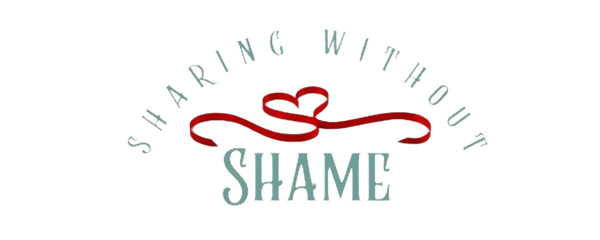When my son was active in his heroin addiction, I was addicted to saving him from drugs and those damn drug dealers, it turns out that he became my drug of choice, I was addicted to saving him and I became his Chief Enabler.

The Chief Enabler is often the person who is closest to the person who has a substance use disorder (drug addiction/alcoholism. The Chief Enabler is inevitably affected by their loved one’s mood swings, their addiction, and their consequences, we often feel responsible for keeping them safe, alive and keeping the family secret that we have someone in our family who is in active addiction/alcoholism, especially when it is our child.
The Chief Enabler helps the person who suffers from their disease of addiction to keep the family image looking good, by helping my son to function in his day-to-day life. Enabling may prevent your loved one from reaching out for help.
The Chief Enabler basically allows the person in active addiction/alcoholism to be irresponsible. The Chief Enabler looks the other way; we have a tendency to bend the rules for them; without realizing it we are supporting an unhealthy lifestyle that our loved ones are living because we live in fear of the 3 consequences that they will eventually deal with: incarceration, rehabilitation or death.
Everyone in the family takes on a role when dealing with a loved one’s active addiction/alcoholism because addiction often throws off the family balance. When the balance is off in the family, new roles are taken on by each member who lives in the home. The roles are taken on to relieve pain, in an attempt to restore balance while trying to hold the family together.
The new roles often keep the attention off the person with the substance use disorder so he or she doesn't have to face the elephant in the room.
Every person with a substance use disorder has a chief enabler in his/her life who is typically the Mother, Father, husband, or wife.
Characteristics of a dysfunctional family are living with drama and chaos, inconsistencies (moving the finish line & not following through with healthy boundaries), illogical arguments and sometimes there is violence.
According to the National Institute on Alcohol Abuse and Alcoholism, they have defined the family roles.
Chief Enabler: Often the non-using parent or spouse. The parent or spouse is often living in denial about the severity of their loved one's addiction/alcoholism. Their behaviors are a baseline for their fear, anger, guilt, shame, and concern.
The Hero: Appears to be confident, overachieving, and serious. Feels the need to take on more and more responsibility. They often internalize feelings of inadequacy, guilt, stress, anxiety, etc.
The Scapegoat: Acts out negatively, has feelings of anger and resentment toward the person in the family with the substance use disorder and the home environment.
The Mascot: Uses comedy in uncomfortable and difficult situations. They are often aware of the sense of relief that they bring to the family and will sacrifice their own needs to maintain balance in the family.
The Lost Child: Isolates, is withdrawn, and doesn’t appear to connect with any person within the family. Engages in fantasy play as a way to disassociate and protect themselves from the negativity and chaotic home environment.
The Person with a Substance Use Disorder: They often are angry at their family members for putting pressure on them to stop using. Many of them feel guilt, shame, and remorse for the distress that they have caused.
